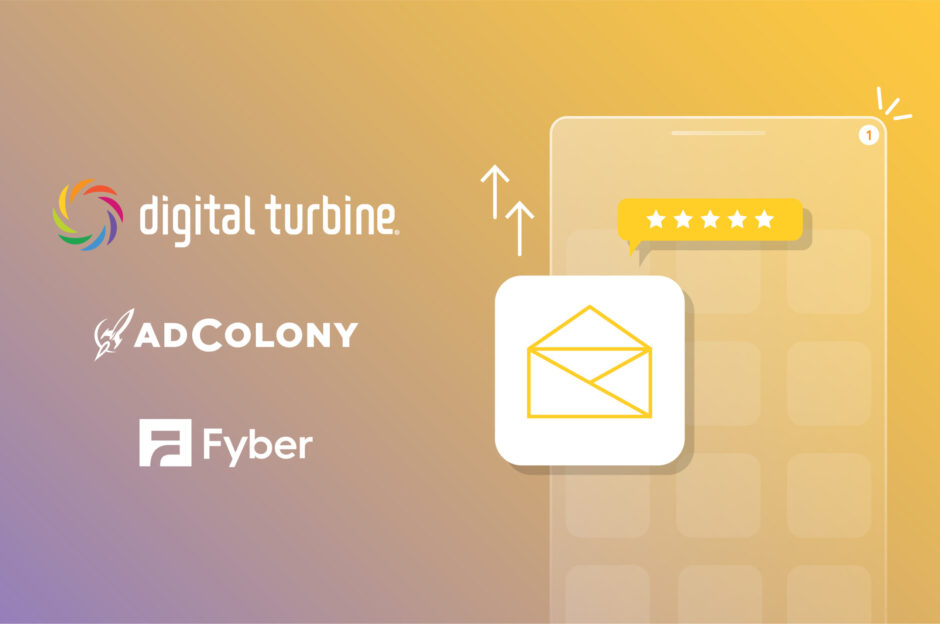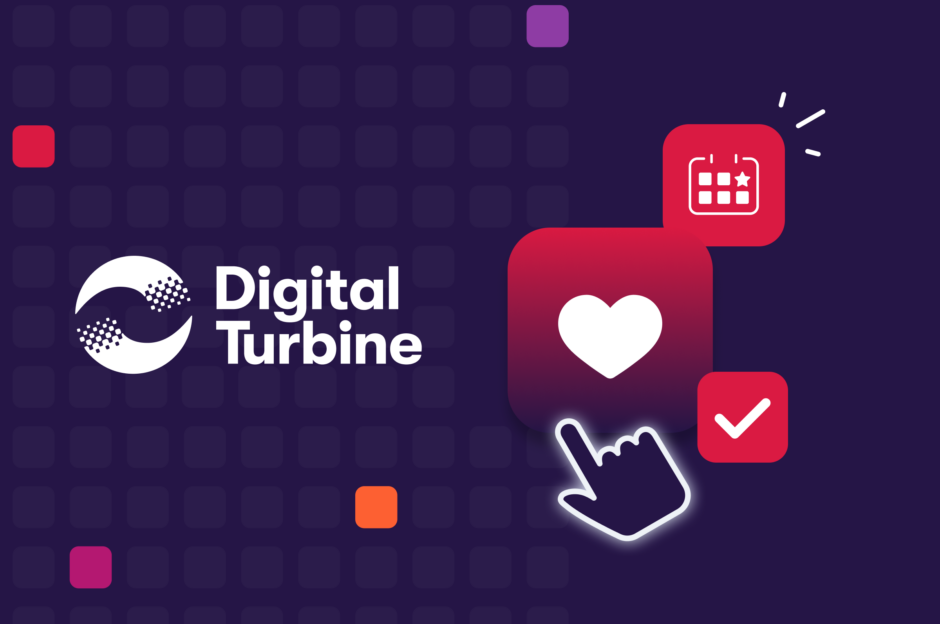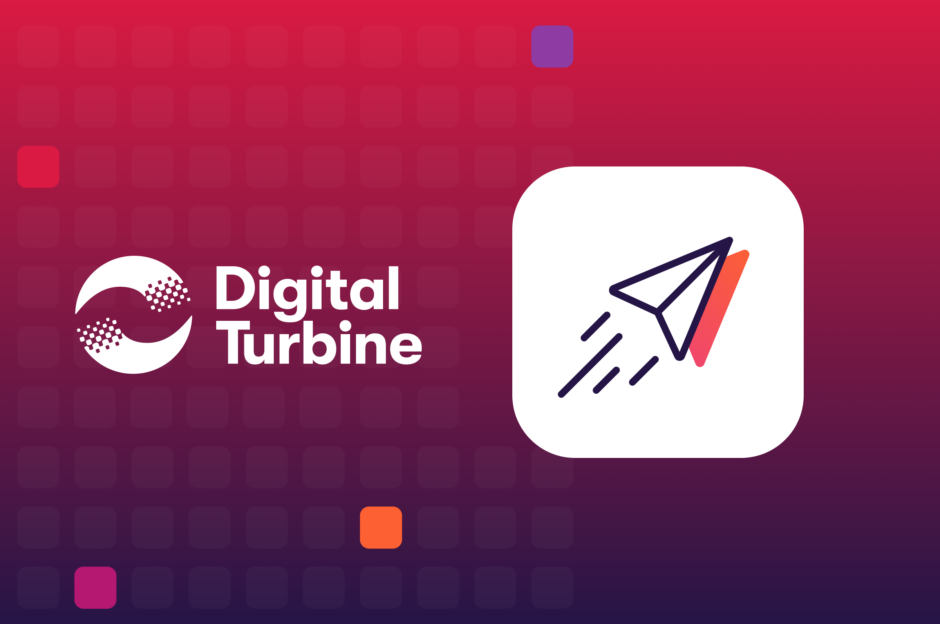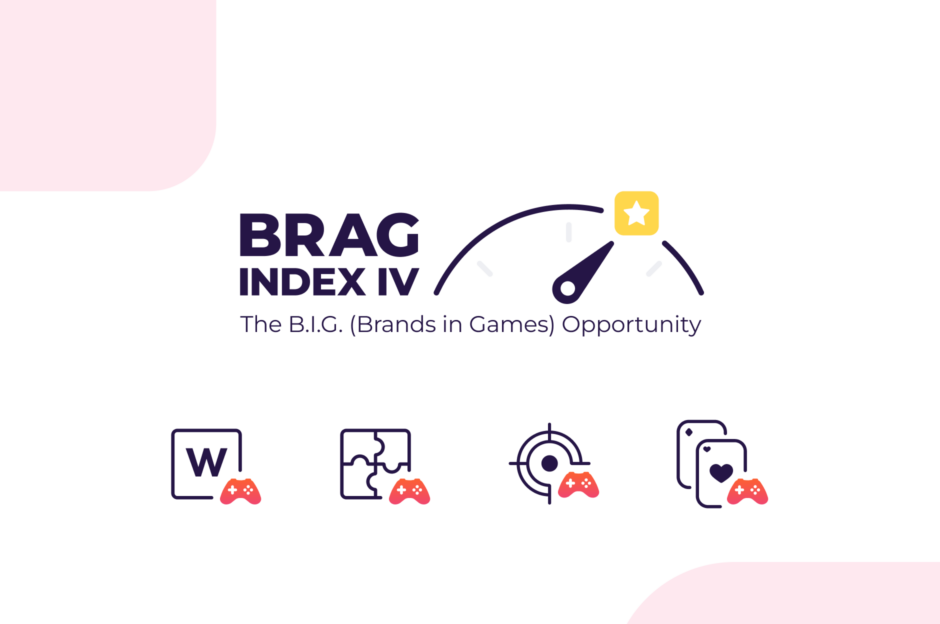Mobile Monday: Apple’s Effect on Snap Revenue, Android 12’s Privacy Features, App Reviews’ Impact on Retention

Digital Turbine, AdColony, and Fyber have partnered up to give you the latest news, trends, and developments in the mobile world. This week, Digital Turbine touches on SKAN’s effect on Snap’s revenue, AdColony recaps Android 12’s privacy features, and Fyber shares research on how important app reviews are for retention.
Snap out of it!
Despite earnings being up 57% year over year, Snap’s revenue fell short of it’s targets by $3 million. Their CEO partially attributed their shortfall to Apple’s privacy changes rolled out earlier this year. Additionally, Snap said Apple’s measurement system, SKAN, “diverge meaningfully from the results we observed on other first and third-party measurement solutions, making SKAN unreliable as a standalone measurement solution”.
While advertisers continue to struggle with spending on traditional platforms, it highlights the necessity to create your own attribution and measurement capabilities. Relying solely on third party data, particularly one that gains from a lack of transparency of other platform’s success, is a recipe for failure. With the holiday season among us, it’s time for advertisers to roll up their sleeves and dig deep into their data. As for other platforms that derive large chunks of revenue from mobile advertising, they’ll likely continue to see a short term pinch while the industry sorts itself out. Starting with Facebook – who has their earning call later today (Monday).
Android 12 Gets in the Privacy Game
The long-awaited Android 12 operating system from Google is finally here and with it, the Google Pixel 6 and Pixel 6 Pro, which will be available for purchase later this week. As noted in TechCrunch, Android 12 is the most used operating system globally for mobile devices, and with this update comes more personalization, and of course, privacy features.
With the privacy updates, users can choose to share their specific or approximate location with apps and will be able to give or take away app access to their location, microphone, and camera in addition to seeing whenever those tools are in use. Additionally, after an app is not in use for a few months, Android will close and lock that app so that it no longer has access to user permissions.
Further protecting user location, with Android 12, users can disconnect location and Bluetooth so that devices using Bluetooth connection do not have access to a user’s location. Android 12 users will also have access to a privacy dashboard, which will showcase all usage of the device camera, microphone, location, and permissions and will allow users to change app access to those permissions all in one place.
Outside of privacy updates, Android 12 brings users the ability to take full-page screenshots, functions that aid with power-saving and accessibility, and the power to stay in an app even while it’s updating. In addition, users can personalize their wallpapers, widgets, apps, and more, as noted in Google’s release. Users can also easily share WiFi with nearby devices, and Android 12 makes it easier to transfer photos, data, messages, and more to an Android phone. With Android 12 and the latest updates, publishers must make sure their software is up-to-date to stay compatible with the newest OS while brands and advertisers must get used to contextual targeting and more privacy regulations coming from another huge player in the game.
Building connections in your reviews = increasing the retention rate of your app
We’re living in a generation that wants to be heard, seen, and ‘liked’. As popular as this sentiment is on social media, the same applies to App Store ratings. Research by Appfollow shows that app developers are not doing enough to engage with their users and app store reviews. Now, more than ever, consumers rely on influencers and recommendations from family and friends when it comes to which brands and services to use. The study highlights that apps with customer support had a 30% retention rate – an important key metric in mobile app monetization.
With almost 40% of users uninstalling apps because of lack of use, if users are not feeling heard or seen, they will lose their connection with the app and churn. This research should give app developers an extra nudge to focus attention on existing users and fans. This investment can keep users coming back to the app by simply hearing them out, building a relationship, and showing other users in the discovery and decision stage that they are an app or mobile game that cares.
About Mobile Mondays
Mobile Monday examines the latest news, trends, and developments in mobile apps, tech, and advertising. Do you have a story to share for the next Mobile Monday?
About Fyber
Fyber, part of Digital Turbine’s independent Mobile Growth Platform, develops innovative ad monetization solutions trusted by top mobile game and app publishers. Fyber’s product suite offers publishers a trusted, unconflicted alternative that drives superior results by creating an optimal connection between mobile audiences, top global brands, and mobile-first advertisers across over 40Bn daily ad opportunities. Fyber’s FairBid mediation, Fyber Marketplace, and Offer Wall Edge are all built with performance, scale, and transparency in mind. To dive deeper into how their monetization solutions put app developers first, check out their blog.
About AdColony
AdColony, part of Digital Turbine’s leading independent mobile growth and monetization platform, helps brands, agencies, and apps expand their reach and results with the power of mobile. AdColony is known globally for its award-winning video advertising marketplace, with ad engagement innovations like Instant-Play™, Aurora™ HD Video, Playables, and more. Looking for more insights on apps and mobile games? Find out more on their blog!
Join the Conversation
Have any story ideas for Mobile Monday? Tweet @AdColony. For the latest Digital Turbine mobile news and updates, follow @DigitalTurbine on Twitter, like us on Facebook, or connect on Linkedin.
Sign-Up
straight to your inbox.





